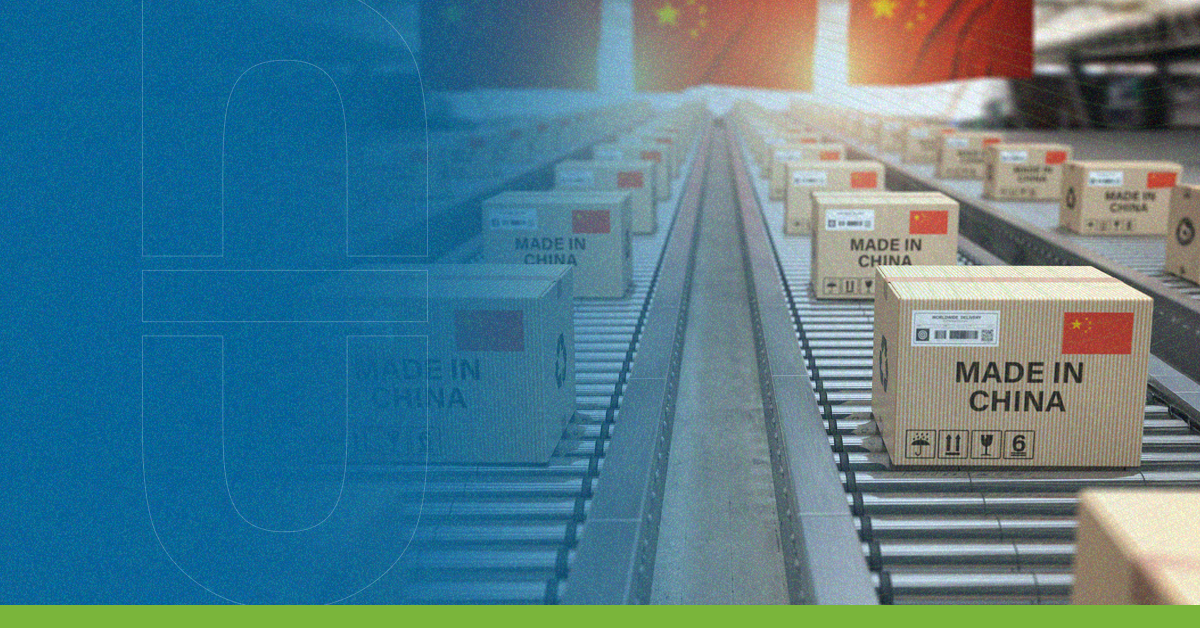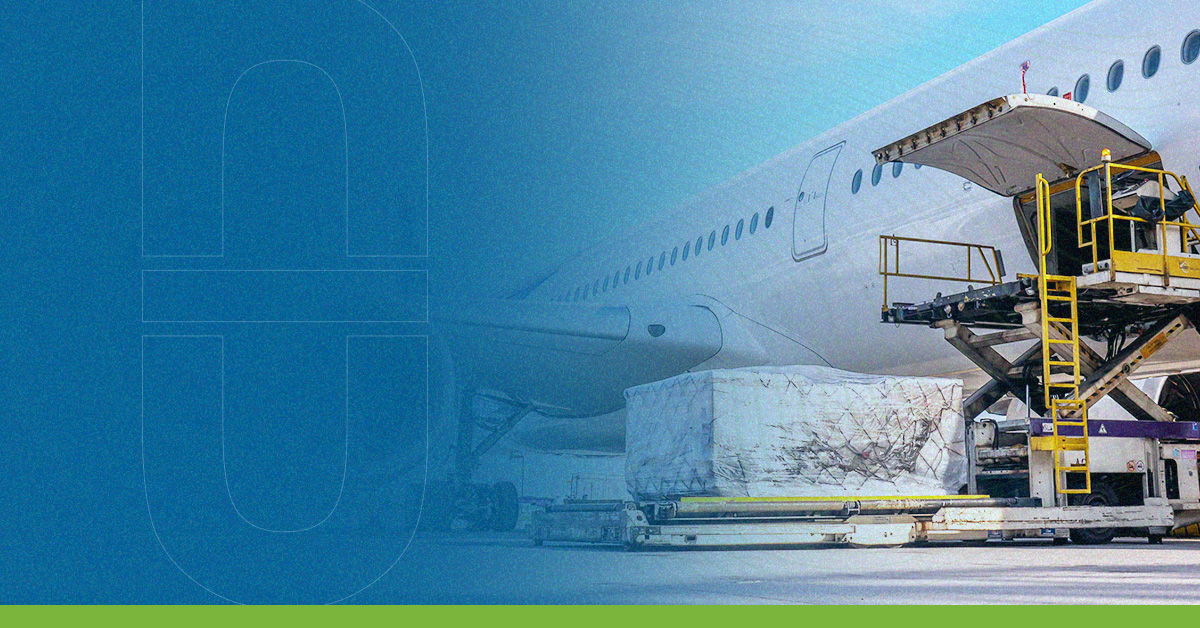Chinese cargo is going through one of its most volatile periods of the year. Demand for shipments from China and Hong Kong to the United States has recorded its first decline of 2025, while rates continue to rise due to the intensification of the trade war between the two countries.
Drop in Chinese cargo demand
According to data from market intelligence provider WorldACD, during week 14 of the year (ending April 6), air cargo demand from China and Hong Kong to the United States dropped by 1% compared to the previous week. This figure marks the first decline of the year, although volumes remain 3% higher than during the same period in 2024.
More broadly, the Asia-Pacific region experienced a 7% week-over-week decline in demand, a clear sign of slowdown that directly impacts importers and logistics companies.
Rates surge amid trade tensions
Despite the drop in volume, Chinese cargo rates increased, reflecting market uncertainty. Spot rates from the Asia-Pacific region rose by 5%, reaching an average of $3.94 per kilogram.
Globally, the average outbound rate increased by 2%, reaching $2.52 per kilo, representing a 2.9% rise compared to the same period in 2024. This increase has direct implications for the total cost of shipping goods and reinforces the need to protect shipments with cargo insurance that takes these volatile factors into account.
Record tariffs: up to 245% on Chinese cargo
One of the key drivers behind the rate hike is the ongoing trade conflict between the United States and China. The U.S. administration, led by Donald Trump, announced tariffs of up to 245% on Chinese products, citing national security risks related to critical minerals and tech products.
China responded with retaliatory tariffs of up to 125% and rejected any dialogue under pressure, taking a firmer stance against Washington.
The current situation presents a high level of risk for importers and logistics operators who depend on Chinese cargo. Some of the most significant effects include:
- Uncertainty in logistics costs and delivery times
- Week-to-week price volatility
- Greater financial exposure without proper insurance
For companies dealing with products sensitive to the global supply chain—such as electronics, auto parts, or textiles—it is crucial to have cargo insurance that covers contingencies like delays, tariff hikes, and trade conflicts. Additionally, ONUS certificates offer advisory services, which are especially valuable in uncertain contexts like the current one.
Stay up to date on the latest developments in this trade conflict and its impact on Chinese cargo by following us on social media, or subscribe to our LinkedIn newsletter to receive key insights on the logistics and cargo insurance markets directly in your inbox.
Sources
ámbito.com. (2025, April 16). Donald Trump sin freno: EEUU sube hasta el 245% los aranceles a China. Ámbito Financiero. https://www.ambito.com/economia/donald-trump-freno-eeuu-sube-el-245-los-aranceles-china-n6135268
Bao, A. (2025, April 17). China targets U.S. services and other areas as it decries “meaningless” tariff hikes on goods. CNBC. https://www.cnbc.com/2025/04/17/china-targets-us-services-and-other-areas-after-decrying-meaningless-tariff-hikes-on-goods-.html




